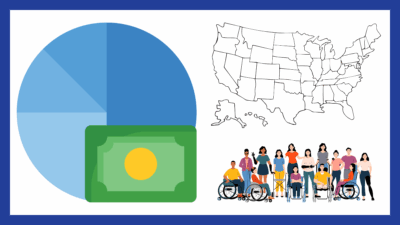 Congress is currently debating the 2025 Federal Budget Reconciliation bill, and the proposed changes could dramatically reshape how states run essential programs like Medicaid and the Supplemental Nutrition Assistance Program (SNAP). If passed, these changes could cause millions of disabled people, older adults, and low-income families to lose critical support.
Congress is currently debating the 2025 Federal Budget Reconciliation bill, and the proposed changes could dramatically reshape how states run essential programs like Medicaid and the Supplemental Nutrition Assistance Program (SNAP). If passed, these changes could cause millions of disabled people, older adults, and low-income families to lose critical support.
What’s Being Proposed?
The federal government is proposing to expand work requirements for programs like Medicaid and SNAP. While these changes are presented as standard policy measures, they may create steep barriers to access, especially for disabled individuals who encounter workforce discrimination, unpredictable health needs, or difficulties securing reasonable accommodations. [continue reading…]


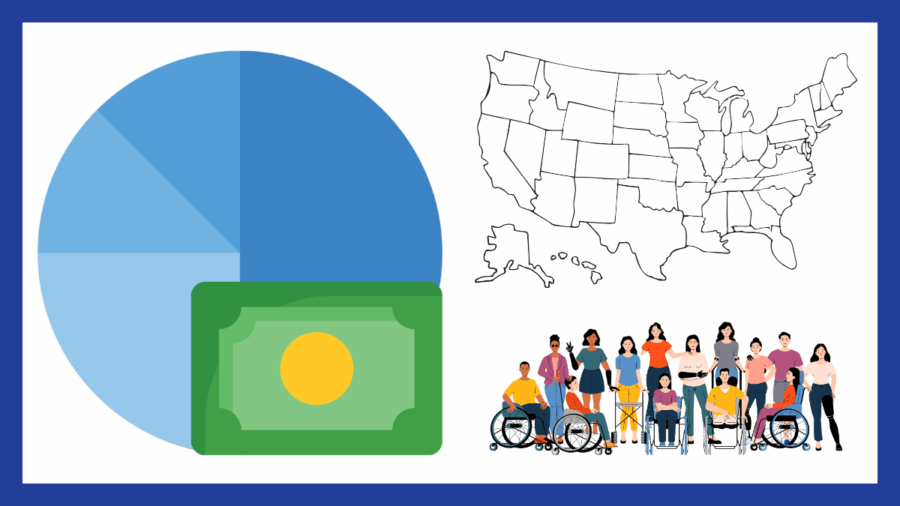
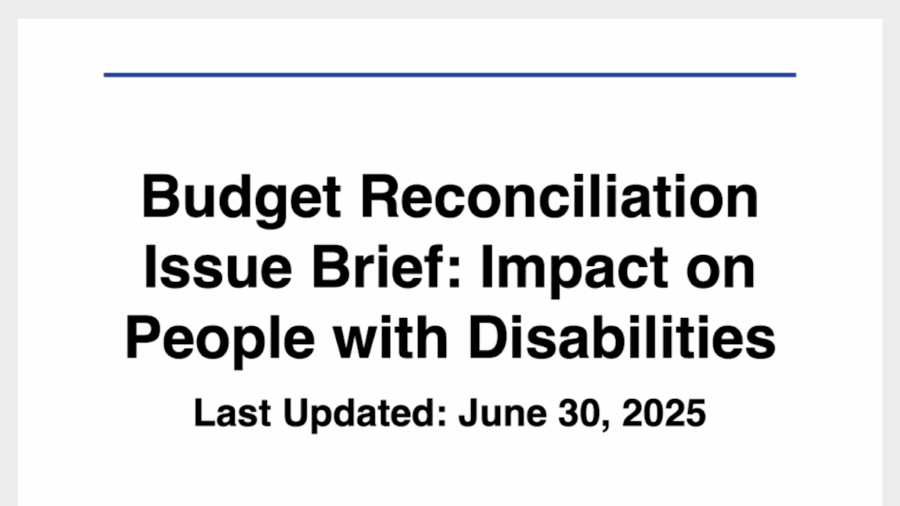


 The U.S. Department of Energy (DOE) recently proposed rolling back two long-standing regulations—10 CFR 1040.73 and 10 CFR 1040.72(c) & (d)—that help enforce
The U.S. Department of Energy (DOE) recently proposed rolling back two long-standing regulations—10 CFR 1040.73 and 10 CFR 1040.72(c) & (d)—that help enforce 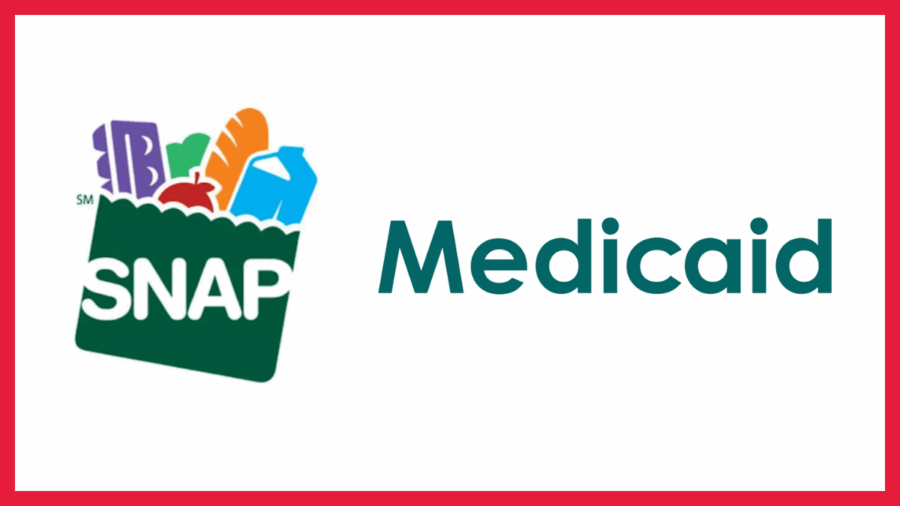
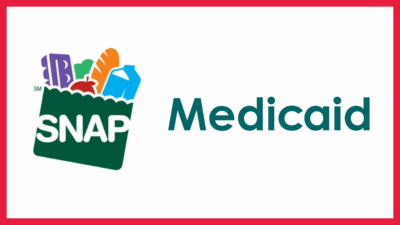 On behalf of Disability Belongs™, a diverse, nonpartisan, disability-led nonprofit that drives cultural and policy change, we express deep concern about proposed federal budget cuts to essential programs that millions of Americans rely on—especially people with disabilities, older adults, and underserved communities.
On behalf of Disability Belongs™, a diverse, nonpartisan, disability-led nonprofit that drives cultural and policy change, we express deep concern about proposed federal budget cuts to essential programs that millions of Americans rely on—especially people with disabilities, older adults, and underserved communities.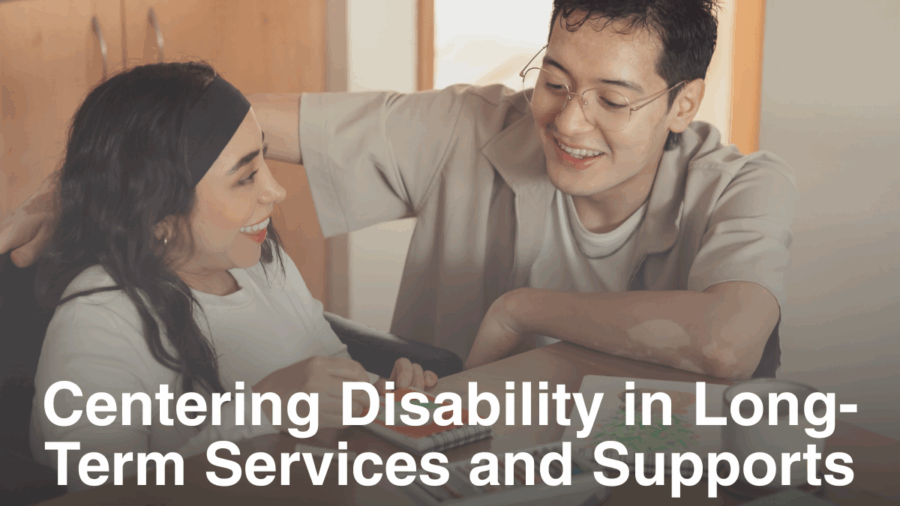

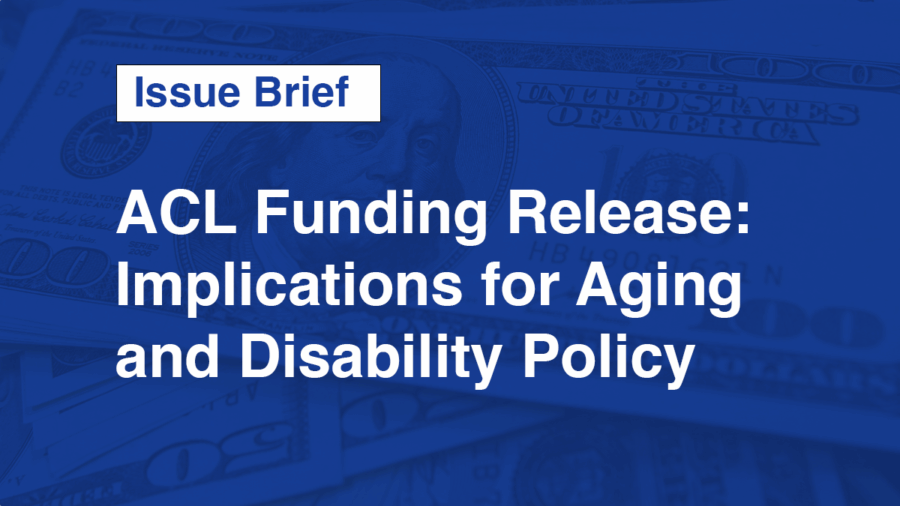

 Work requirements are federal or state policies that mandate individuals to work or participate in job-related activities in order to receive benefits such as Medicaid, Supplemental Nutrition Assistance Program (SNAP), Temporary Assistance for Needy Families (TANF), and housing assistance. While framed as promoting independence, too often these policies fail to account for the challenges faced by people with disabilities.
Work requirements are federal or state policies that mandate individuals to work or participate in job-related activities in order to receive benefits such as Medicaid, Supplemental Nutrition Assistance Program (SNAP), Temporary Assistance for Needy Families (TANF), and housing assistance. While framed as promoting independence, too often these policies fail to account for the challenges faced by people with disabilities.
 The U.S. Department of Education plays a critical role in ensuring that students with disabilities receive access to inclusive education, services, and legal protections under federal law. Recent proposals to dismantle, restructure, and defund the Department threaten to undermine decades of progress in disability rights and educational equity. This policy brief outlines the essential role of the Department of Education, the risks posed by dismantling it, and a call to action to safeguard the rights and opportunities of students with disabilities.
The U.S. Department of Education plays a critical role in ensuring that students with disabilities receive access to inclusive education, services, and legal protections under federal law. Recent proposals to dismantle, restructure, and defund the Department threaten to undermine decades of progress in disability rights and educational equity. This policy brief outlines the essential role of the Department of Education, the risks posed by dismantling it, and a call to action to safeguard the rights and opportunities of students with disabilities. 


